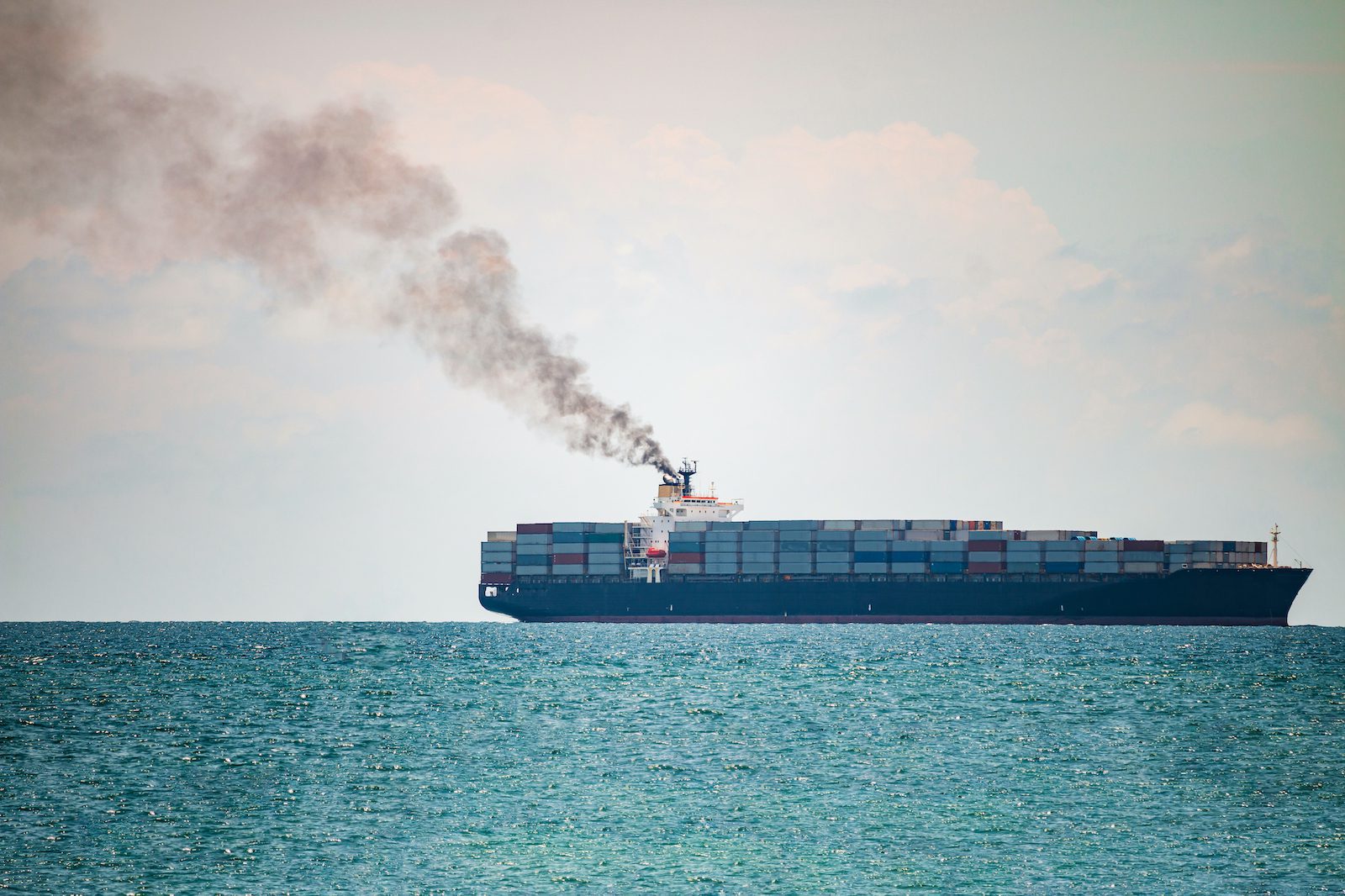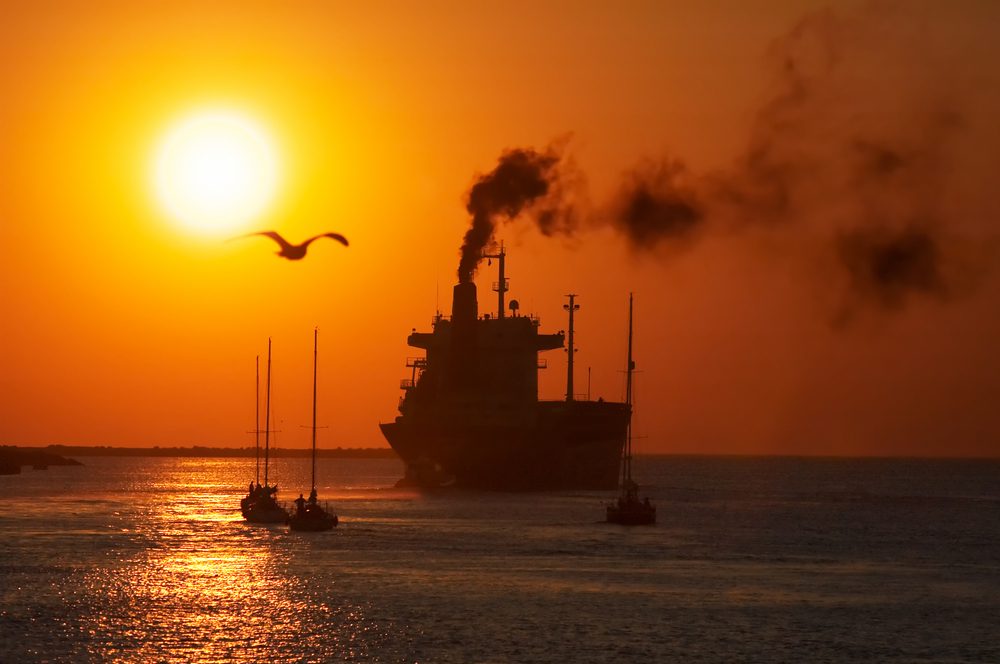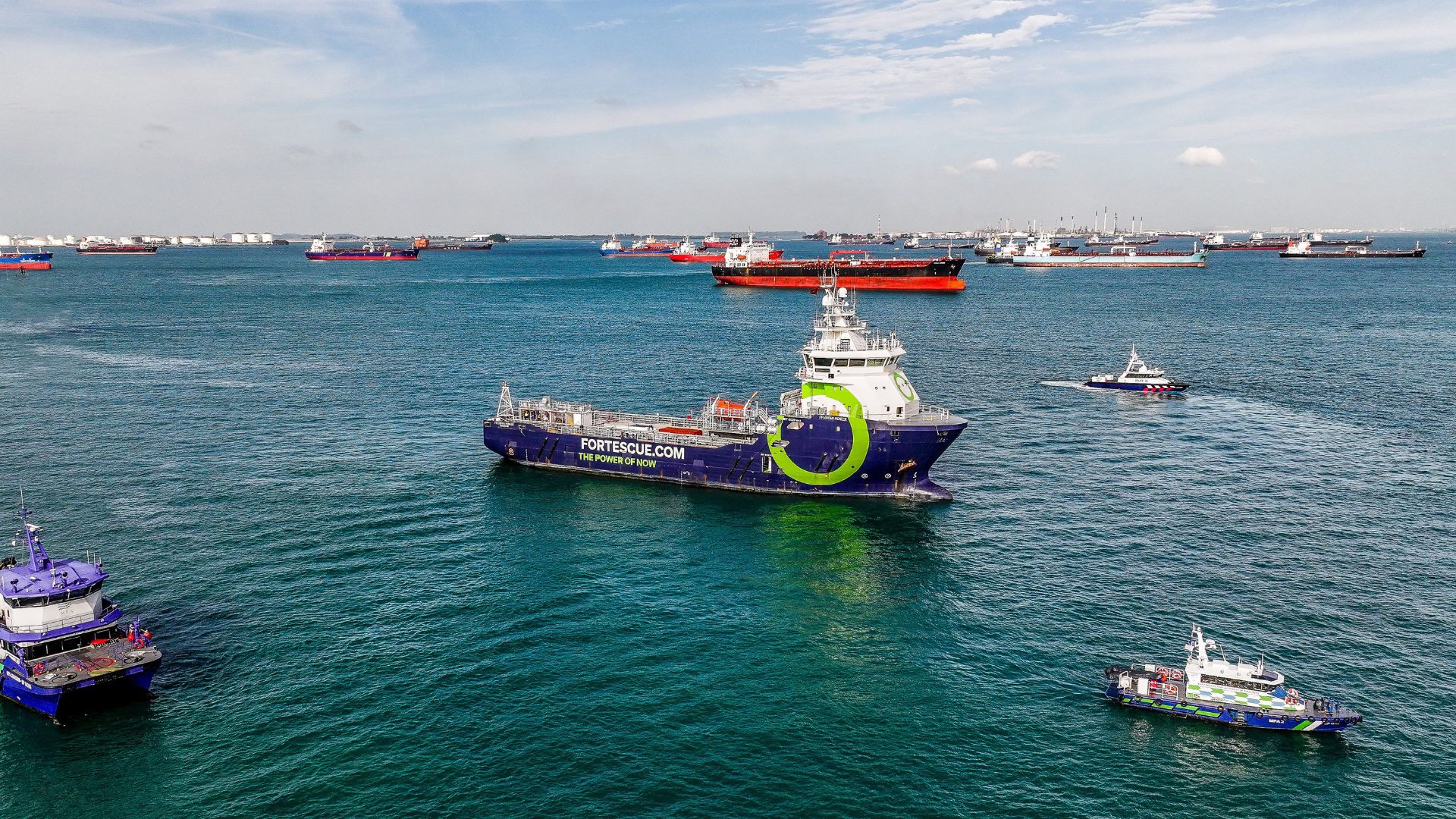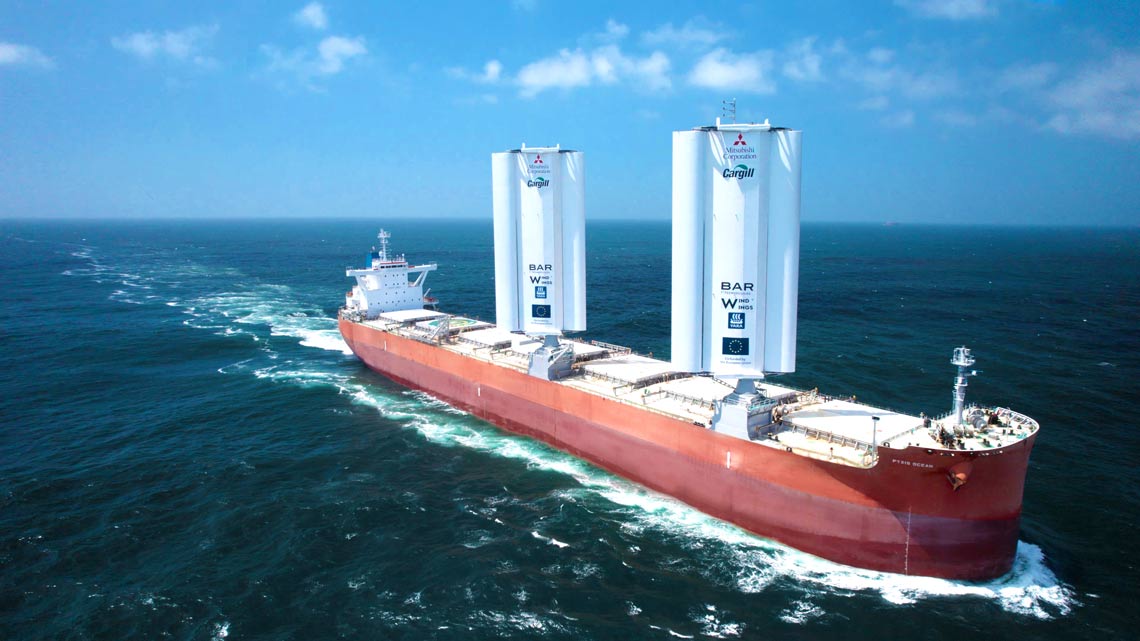The International Maritime Organization (IMO) is preparing to finalize crucial greenhouse gas (GHG) reduction measures at its upcoming Marine Environment Protection Committee meeting (MEPC 83) in London.
The high-stakes meeting, scheduled for April 7-11, 2025, follows intensive preparatory work by the Intersessional Working Group on GHG Emissions (ISWG-GHG 19), which concluded on April 1st with participation from approximately 1,000 delegates.
At the heart of the discussions is the IMO Net-Zero Framework, which will introduce amendments to MARPOL Annex VI. The framework encompasses two key components: a technical element featuring a goal-based marine fuel standard to reduce fuel GHG intensity, and an economic element implementing a maritime GHG emissions pricing mechanism.
“The 2023 IMO GHG Strategy commits Member States to adopting new mid-term measures to reduce GHG emissions from ships in late 2025,” the IMO said in a statement.
These measures represent a significant step toward achieving the organization’s ambitious goal of reaching net zero emissions from shipping by or around 2050. The strategy further aims to reduce shipping’s carbon intensity by 40% by 2030 compared to a 2008 baseline, while targeting 5-10% of shipping’s energy to come from zero or near-zero GHG emission sources by the same year.
The proposed amendments have far-reaching implications for the global shipping industry, with the current MARPOL Annex VI treaty encompassing 108 Parties representing 97.3% of the world’s merchant shipping tonnage.
“A carbon levy is a wild card. It will all depend on how it is implemented and enforced,” stated Christopher Wiernicki, Chairman and CEO of the American Bureau of Shipping (ABS), during the recent CERAWeek energy conference in Houston. He highlighted that potential levy rates ranging from $18 to $150 per ton are creating significant market uncertainty.
Following the anticipated approval at MEPC 83, the draft amendments will be circulated for consideration, with final adoption expected at an extraordinary session of MEPC in October 2025. Under the “tacit acceptance” procedure, these measures could enter into force in 2027, approximately 16 months after adoption.
In addition to the GHG framework, MEPC 83 will address other critical environmental initiatives, including the development of guidelines for measuring methane and nitrous oxide emissions from marine diesel engines, and establishing a regulatory framework for onboard carbon capture and storage (OCCS).
These developments mark a pivotal moment in maritime environmental regulation, as the industry moves toward more sustainable shipping methods.
Editorial Standards · Corrections · About gCaptain

 Join The Club
Join The Club











